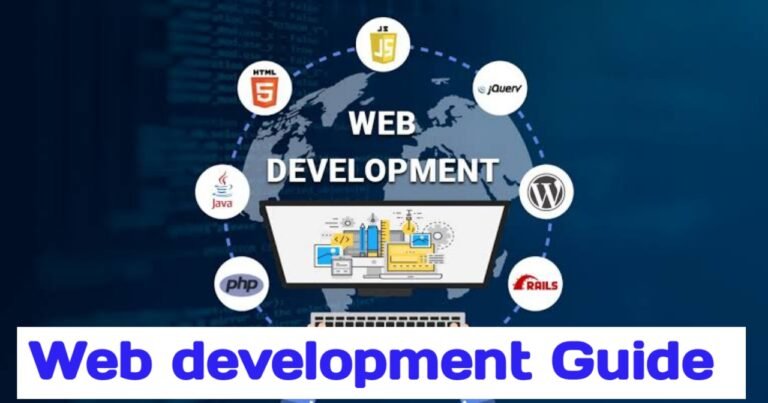How Unemployment Affects Mental Health

Introduction:
Unemployment is a societal issue that transcends economic statistics; it deeply affects the mental well-being of individuals. The consequences of joblessness extend far beyond financial strain, touching the very core of a person’s mental health. Also, good mental health contributes to career success. In this article, we will explore how unemployment affects mental health, shedding light on the emotional and psychological toll it takes on individuals and communities.
1. Anxiety and Depression:
The uncertainty of unemployment often leads to heightened levels of anxiety and depression. The fear of an uncertain future, the pressure to secure a job, and the financial instability can create a perfect storm of stress. The constant worry about meeting basic needs and providing for one’s family can contribute to a cycle of negative thoughts and feelings.
2. Loss of Identity and Self-esteem:
For many, a job is not just a source of income; it’s a significant part of their identity. Losing a job can lead to a profound loss of self-esteem and self-worth. People may feel like they’ve lost a part of themselves, leading to a sense of hopelessness and despair.
3. Social Isolation:
Unemployment often results in social isolation. As people withdraw from social circles and activities due to shame or the inability to participate in leisure activities, loneliness can set in. The lack of social support can exacerbate feelings of depression and anxiety.
4. Financial Stress:
The obvious financial stress that accompanies unemployment can have a severe impact on mental health. It can lead to sleepless nights, strained relationships, and an overall decline in the quality of life. The constant worry about making ends meet can be overwhelming.
5. Physical Health Consequences:
Prolonged unemployment can also lead to physical health problems. The stress associated with job loss can contribute to a weakened immune system, increased risk of chronic diseases, and even substance abuse as a coping mechanism.
6. Loss of Routine and Structure:
A job provides structure and routine to a person’s life. Losing that routine can be disorienting and may result in a lack of purpose. Without a clear daily schedule, individuals may struggle to maintain healthy habits and routines.
7. Stigma and Discrimination:
Unfortunately, there is often a social stigma associated with unemployment. People who are unemployed may face discrimination when seeking new employment or from their peers. This discrimination can further erode their self-esteem and mental well-being.
8. Impact on Family and Relationships:
Unemployment can strain family relationships. The financial and emotional stress it brings can lead to conflicts, and the unemployed individual may feel guilt or shame for not being able to provide for their family.
Conclusion:
The connection between unemployment and mental health is undeniable. It’s a multifaceted issue that can lead to anxiety, depression, isolation, and a host of other psychological and emotional challenges. Recognizing the impact of unemployment on mental health is crucial for individuals, communities, and policymakers. Providing support, resources, and mental health services for those affected by job loss can help mitigate the adverse effects and promote resilience during these difficult times. Ultimately, addressing both the economic and mental health aspects of unemployment is essential for a healthier and more compassionate society.




